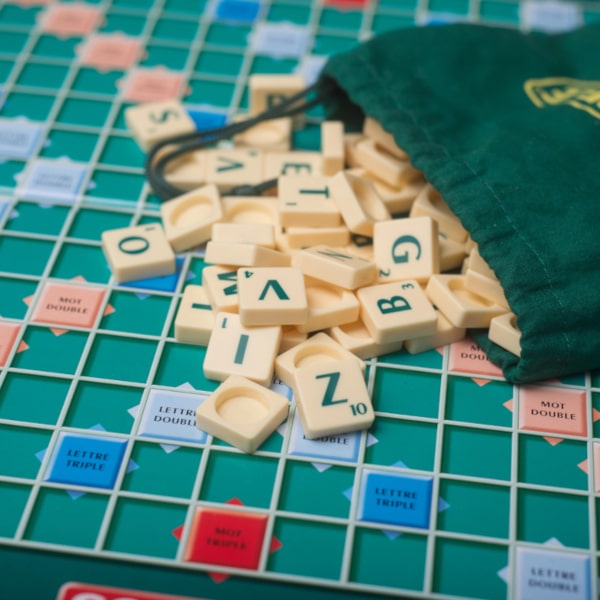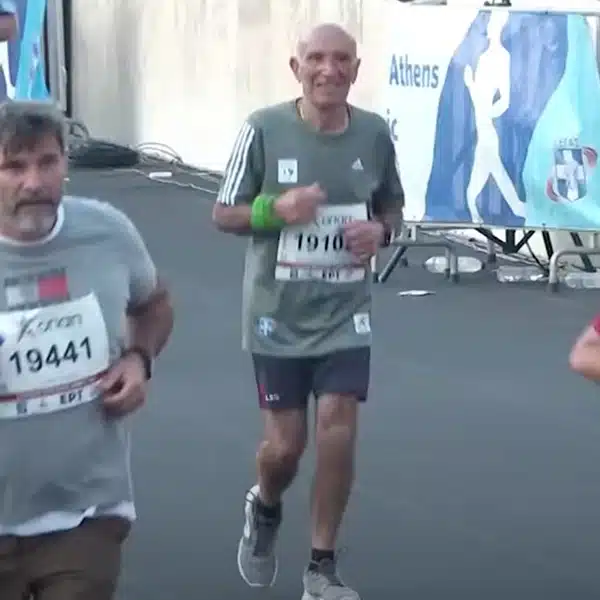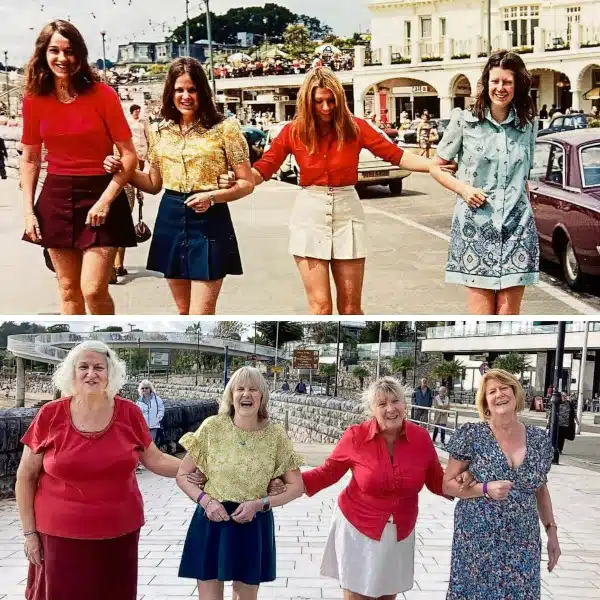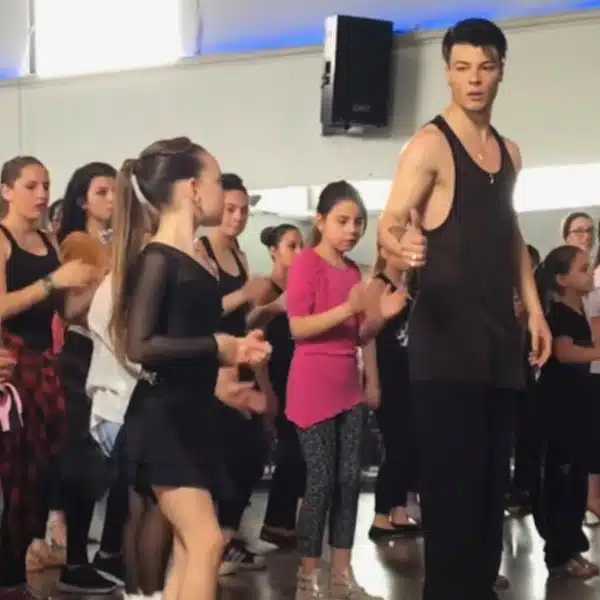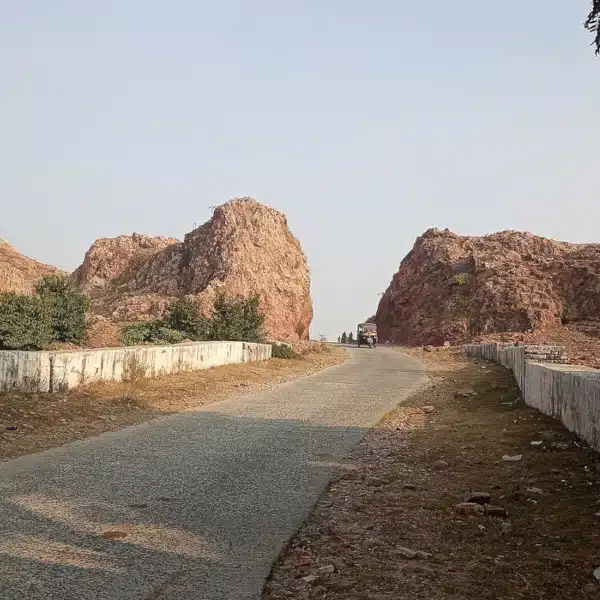
Left: Professor Emmanuelle Charpentier (Photo: Bianca Fioretti, Hallbauer & Fioretti / CC BY-SA) | Right: Professor Jennifer Doudna (Photo: The Royal Society / CC BY-SA)
In a boost for women in science everywhere, Professor Emmanuelle Charpentier and Professor Jennifer Doudna have jointly won the 2020 Nobel Prize in Chemistry. The women were honored for their development of a genome editing method and will share the 10 million Swedish kronor ($1.1 million) prize. But more importantly, their win makes them just the sixth and seventh women to take home the prestigious prize.
First awarded in 1919, this is the first time in history that two women have won the Nobel Prize in Chemistry at the same time. Charpentier and Doudna joined forces to create an easy way for researchers to modify the genes in cells in order to better understand their inner workings. This used to be a time-consuming process until the duo's CRISPR/Cas9 genetic scissors cut down the time dramatically. Now, it just takes a few weeks to modify what's needed.
“There is enormous power in this genetic tool, which affects us all. It has not only revolutionized basic science, but also resulted in innovative crops and will lead to ground-breaking new medical treatments,” says Claes Gustafsson, chair of the Nobel Committee for Chemistry.
Charpentier first stumbled upon something interesting when studying Streptococcus pyogenes, a bacteria that causes serious infections in humans. During her research, she came across a previously unknown molecule called tracrRNA. Her studies showed that this molecule is part of the bacteria's immune system, CRISPR/Cas, that works by cleaving the DNA of viruses.
After publishing her study in 2011, Charpentier began collaborating with Doudna. As an experienced biochemist, Doudna brought her vast knowledge of RNA to the table, and together the women were able to recreate the bacteria's scissors in a test tube. Not only that, they simplified the scissors' molecular components to make them easier to use and proved that they could be reprogrammed. This meant that the scissors could easily be directed to cut DNA at a specific site.
Their discovery in 2012 has led to strides in many scientific studies, including the development of crops that withstand mold and drought, as well as enabling new clinical cancer trials to launch. Their revolutionary discovery, and its acknowledgment by the Nobel committee, is just another step forward for women working in STEM fields.
Their victory will certainly be a source of inspiration for women and girls around the world. “My wish is that this will provide a positive message to the young girls who would like to follow the path of science, and to show them that women in science can also have an impact through the research that they are performing,” stated Professor Charpentier.
For the first time in history, two women were awarded the Nobel Prize in Chemistry.
In 2011, Emmanuelle Charpentier and Jennifer Doudna had no idea that their first meeting, in a café in Puerto Rico, would be life-changing.
Read more about their discovery that reshaped the life sciences and has led to the 2020 #NobelPrize in Chemistry: https://t.co/PCa3Br2HSb pic.twitter.com/R0zMeYQlmW
— The Nobel Prize (@NobelPrize) October 7, 2020
Nobel Prize: Website | Facebook | Instagram
h/t: [Sky News]
Related Articles:
11 Trailblazing Women in History You Need to Know
Minimalist Poster Series Honors Science's Women Pioneers
Artist Celebrates Women in Science with Whimsical Drawings
2018 Nobel Prize in Medicine Goes to Researchers Who Revolutionized Cancer Therapy












































































